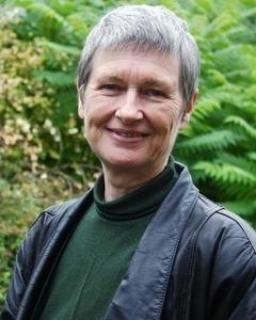
Position: Visiting Fellow
School and/or Centres: Humanities Research Centre
Location: Linköping University, Sweden
I have worked at Tema Genus, the unit for Interdisciplinary Gender Studies at the larger Tema Institute, since 2011 when I left my post in Gender Studies at Queen’s University Belfast to come to Linköping University. It has been an excellent move that brings me into contact with many inspiring colleagues and some great PhD students, while leaving me enough time to pursue my own research interests. I am involved in teaching in the unit, supervising my own students, participation in some in-house research projects, and continuing with a long-term research project in Canada around organ transplantation. I’m also a member of the new executive board of GEXcel International Collegium for Advanced Transdisciplinary Gender Studies based at Linköping and Orebrö universities.
Given varied academic qualifications in literature, bioethics, and poststructuralist philosophy, I feel well-suited to, and excited by, the challenges and potentials of interdisciplinary critical cultural studies and advanced feminist theory. I’ve held academic posts in the UK, Ireland, Canada, USA and Australia, and currently I am also Adjunct Professor of Critical Disability Studies at York University, Toronto, and Honorary Research Fellow in Philosophy, University of Liverpool. Over the years I have taught extensively– and internationally - in gender studies, and in critical disability theory, which is not yet widely recognised within Sweden. As a poststructuralist/postmodernist (albeit with some critical caution), I am committed to contesting the taken-for-granted grounds and structures of western humanism – which at Tema Genus, unlike most other institutions that I have worked in, is a fairly common starting point.
Research Interests
The overall theme is body theory which leads me to:
interdisciplinary gender studies and feminist theory, postconventional bioethics, phenomenology, posthumanities, science and technology studies (STS), critical disability studies (including cripqueer theory and practice), knowledge production within the biosciences, theories of the monstrous, prosthetic theory, psychoanalysis, retheorising women’s health, organ transplantation.
I use both Derrida and Deleuze extensively, as well as the major feminist theorists like Butler and Grosz.
The Meaning and Significance of Prostheses: Biotechnologies and the Posthuman Future of Embodiment